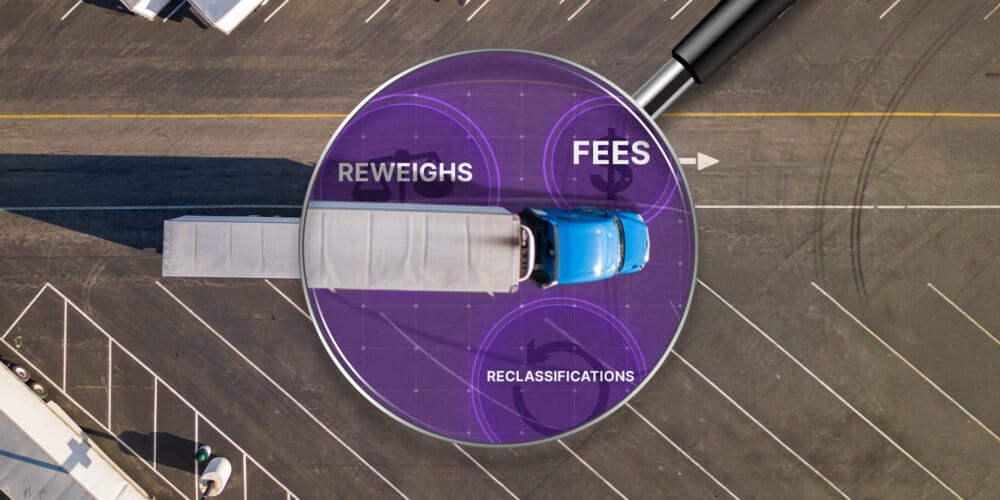The Digital LTL Council, a division of the National Motor Freight Traffic Association, Inc.’s (NMFTA)™ Digital Standards Development Council (DSDC)™, has just released its latest application programming interface (API): the Preliminary Freight Charges (PFC) API Standard. This initiative marks a significant step in the Council’s comprehensive roadmap to digitize the less-than-truckload (LTL) shipment lifecycle from quote to cash.
The PFC API is designed to provide proactive notifications and real-time visibility into freight bill charges throughout the shipment process. By alerting stakeholders to potential billing discrepancies—such as reweighs, reclassifications, or accessorial fees—before final invoicing, the API aims to reduce disputes, enhance payment accuracy, and streamline billing operations.
“Our newest API Standard empowers shippers, carriers, and third-party logistics providers to address billing issues proactively,” said Keith Peterson, staff liaison for the DSDC and vice president of operations for NMFTA. “By providing early visibility into potential charge adjustments, we can minimize surprises and foster trust among all parties involved.”
The PFC API is part of the Council’s broader initiative to establish standardized digital communication protocols across the LTL industry. The roadmap includes seven operational APIs—covering functions from rate quotes to cargo claims—and two administrative APIs for document retrieval and carrier route guides.
Kelly Koller, team lead for the PFC API Standard Development Workshop and product owner for Estes Express Lines, emphasized the importance of standardization: “API Standards allow industry participants to build integrations once and use them across all partners, reducing redundancy and accelerating digital adoption.”
The PFC API specifically addresses the need for timely communication of billing changes. By integrating this API, stakeholders can receive immediate alerts about new or updated freight bills, track changes to charges, and maintain accurate records for accounting purposes.
Brian Thompson, chairman of the Digital LTL Council and chief commercial officer for SMC³, highlighted the operational benefits: “Real-time APIs enable carriers to communicate shipment and invoice exceptions as they happen, reducing costs and improving service for all parties.”
This collaborative approach mirrors the successful rollout of the electronic bill of lading (eBOL) API Standard in 2022, which is now seeing rapid, industry-wide adoption and building significant momentum across the LTL industry.
As the Digital LTL Council continues to roll out its API Standards, the organization invites industry stakeholders to participate in upcoming workshops and provide feedback on implementation strategies.
About NMFTA
Since 1956, the National Motor Freight Traffic Association (NMFTA)™ has represented the interests of the less-than-truckload (LTL) motor carrier industry. The NMFTA publishes the National Motor Freight Classification (NMFC®), manages its digital counterpart, ClassIT+™, assigns Standard Carrier Alpha Code® (SCAC®) and Standard Point Location Code (SPLC®), develops digital standards for the LTL industry, and safeguards those digital standards through cybersecurity research, dissemination of studies, and education. Membership in NMFTA is available to all for-hire interstate and intrastate motor carriers. For more information, visit www.nmfta.org.
Contact
Marli Hall
Director of Communications and Marketing
marli.hall@nmfta.org
703-665-3559


